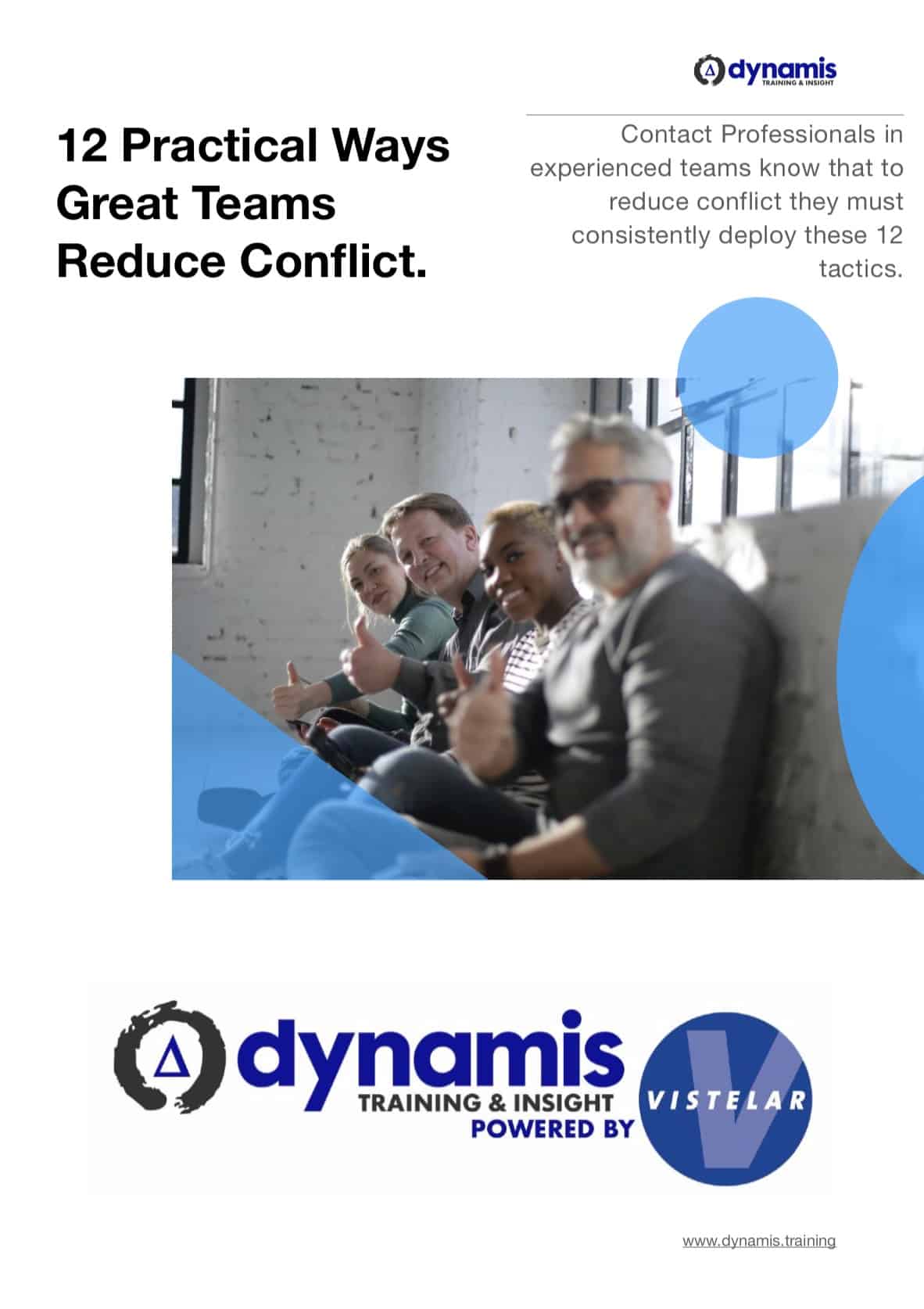In looking at how to resolve conflict scenarios for the emergency department and the needs of the acute hospital staff teams, we made sure that staff were really successful in establishing initial contact with the people, by carefully Being Alert and Decisive – noticing things about the patient or their family, by addressing those visiting or travelling with the person. This helps us to spot signs of discord and resolve conflict early.
We discussed perhaps opening the encounter with an apology when waiting times have been particularly long, or there seemed to be little attention from staff to the person. We asked staff to pay attention to Proxemics, carefully guaging their distance, positioning and hand gestures appropriately to the situation, to both stay safe and to increase the chances that their message will be heard across noise, language and cultural barriers.
The staff were asked to communicate concern through all of their messaging, and then whenever they were finished their task and had to leave a patient, to make sure and pay attention to the principle of closure, which is to make sure that as we leave somebody, we leave them feeling better than they were when we first encountered them.
Resolve Conflict through Listening Tactically
Perhaps for even just a few seconds we must be mindful of giving compassion in order to resolve conflict – when patients disclose concerns or anxieties or worries, it’s important that the staff are seen and perceived to be trying to get to the bottom of what’s bothering them. So, we ask staff to listen carefully and then to ask clarifying questions, to paraphrase by repeating the the meaning back to the person, in perhaps a different set of words, to ensure clarity, to advocate for that person’s main concerns to take them on board and make their issues important for us, too. These listening skills help to resolve conflict effectively when others are disclosing issues or complaining about a problem they have with our service.
Here’s a video about how to resolve conflict through better listening.
From time to time, we will meet patients who need persuasion to understand what their options are, and that we have a preferred option for them to take, to make the sure that they get better, that they get the right treatment that they need. We will use persuasion to achieve our aims as medical professionals in treating disease and in making people well. We need to resolve conflict using influence in these circumstances.
Resolve Conflict through redirection
Sometimes to resolve conflict, we will need to redirect people who are upset, frustrated, anxious so that the focus, the main important task, to create an environment in the hospital where the body can heal itself with the help of modern medicine and care.
From time to time, we will encounter patients who are angry and disrespectful. In these cases, we’ll have to redirect them from their negative behavior, into behaviors that are more positive and where we are more likely to be able to reach them and engage with them, at first by acknowledging that they’re feeling the way they are – and then by gently diverting attention back to the issues that we can agree are central to the person’s own interests.
Dynamis provides a comprehensive conflict resolution training programme for the NHS and other healthcare services which spans the whole spectrum of how to resolve conflict encounters in a hospital environment. In this series of posts, our Director of Training reflects on key ideas in addressing and resolving conflict in the hospital.


